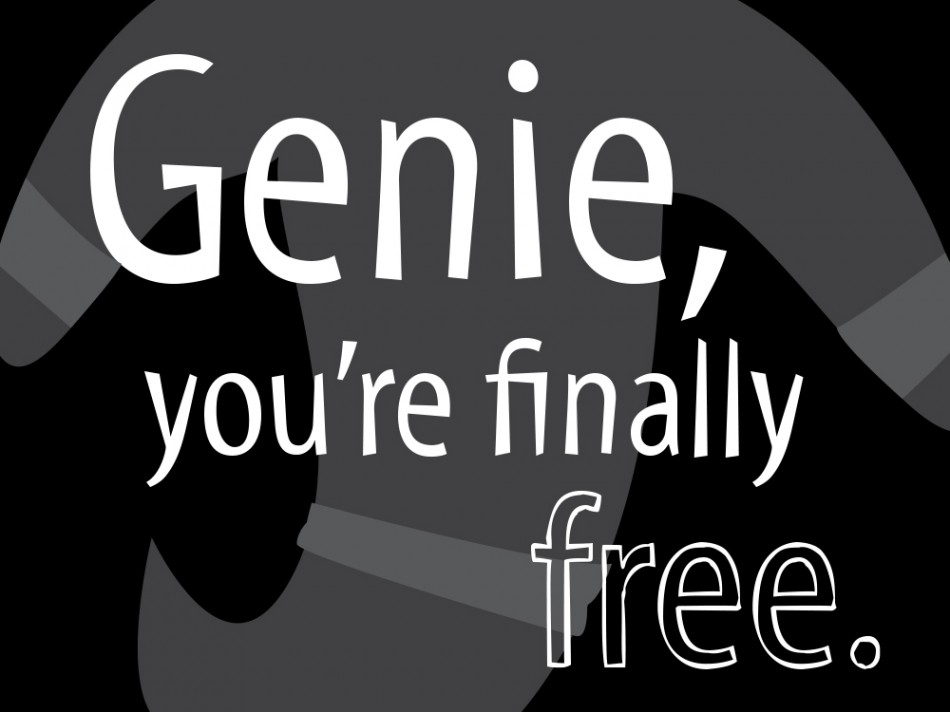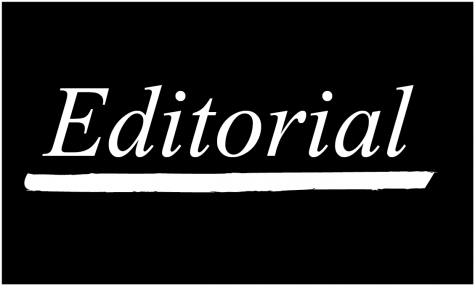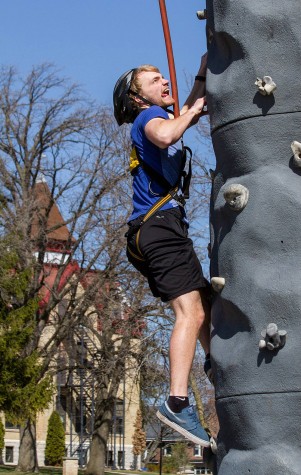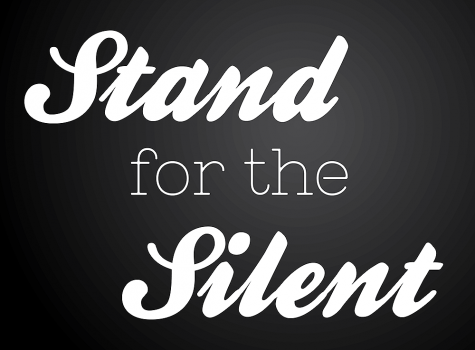Editorial: Is Genie really free or not?
September 25, 2014
The news of entertainer Robin Williams’ suicide shocked millions of fans. From the hilarious Genie in “Aladdin” to Teddy Roosevelt in the “Night at the Museum” series and everything in between, Williams has been the face of many beloved movies. With his death, the topic of romanticizing suicide in Hollywood was suddenly brought to the surface.
To romanticize something is to make it sound more appealing than it is. Every time a celebrity commits suicide, fans seek to find ways to justify the act. In reality, it is a tragic situation when a person, celebrity or not, makes the decision to end his or her life.
Williams’ death should be used as a means of awareness to help others before they make that tragic decision rather than to imply that suicide is an answer.
There are numerous examples of celebrity suicides being romanticized. The Academy of Motion Pictures tweeted an image from Disney’s “Aladdin” of the title character embracing Genie, Robin William’s character, with the caption “Genie, you’re free.” Along those lines, there were countless similar reactions expressing that Williams is “happy” and “making the angels giggle.”
We have been hearing for years how musician Kurt Cobain, who also committed suicide, is “smiling down on us” and how society left this nonconformist “no choice” but to leave us.
Some people considering suicide fight for life every day but are subjected to individuals who, intentionally or not, communicate the idea that suicide is an easy answer to achieving “peace.”
Anyone who objected to the romanticizing of Williams’ recent suicide was subjected to harassment, especially blogger Matt Walsh who penned a post entitled “Robin Williams didn’t die from a disease, he died from his choice.”
Such opponents do not realize that romanticizing suicide is just a selfish way of helping themselves come to terms with such a tragic scenario, but individuals such as Walsh are the ones inspiring people to strive to get better.
Other points made by Walsh were “if suicide is not a choice, why do we tell people not to do it?
Why do we try to stop them?” To say suicide is not a choice is to take away a human’s power of free will. If someone can choose death, then they can also choose life.
Suicide is a choice, a willful act, in a world full of other options and opportunity. To argue that suicide is not a choice is to say that it does not exist; it is to say you will not acknowledge that people do kill themselves every day and there are ways to prevent it.
If you or someone you love is considering suicide, please call the National Suicide Prevention Lifeline at 1-800-273-8255 or the Sheboygan County Mental Health Crisis Line 920-459-3151.




